11 ways to screen fashion factories before working with them
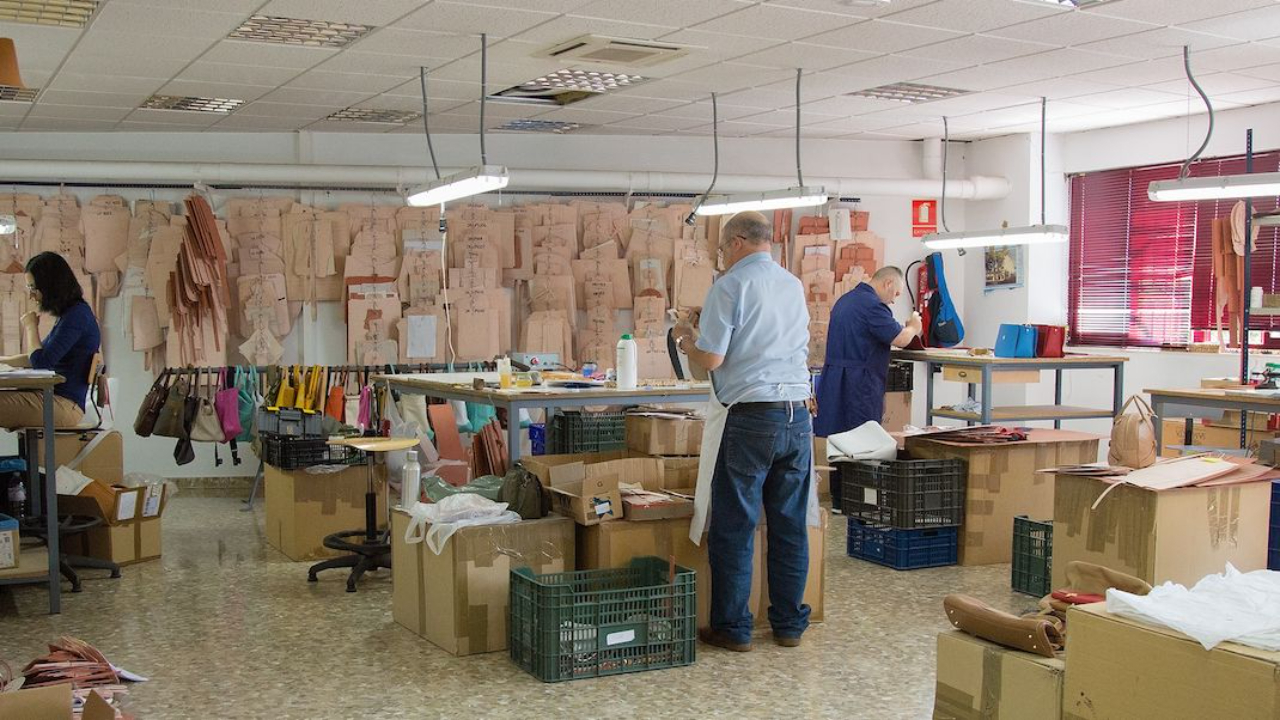
Once you’ve done your research and narrowed the selection down to 3-4 fashion factories, it’s time to start asking questions. The point of this is to gain as much information about each factory and their set-ups as you can, so approach this as if you were interviewing a potential partner for your company.
Your relationship with your manufacturer is one of the most important relationships your company will have. As such, they need to be responsible, trustworthy and reliable. They will need to produce a well-made product, that’s also competitively priced and delivered when you require it.
Your approach should be friendly with an attitude that says “I am a brilliant company and I’d love to work with you.” Flatter them. However, try not to get too excited until you’ve asked some pertinent questions.
The initial contact with any potential factories should be to determine what kind of manufacturing they do and whether they’re a good fit for your particular needs.
Here's a short outl...
11 Top Tips for Working with Indian Manufacturers
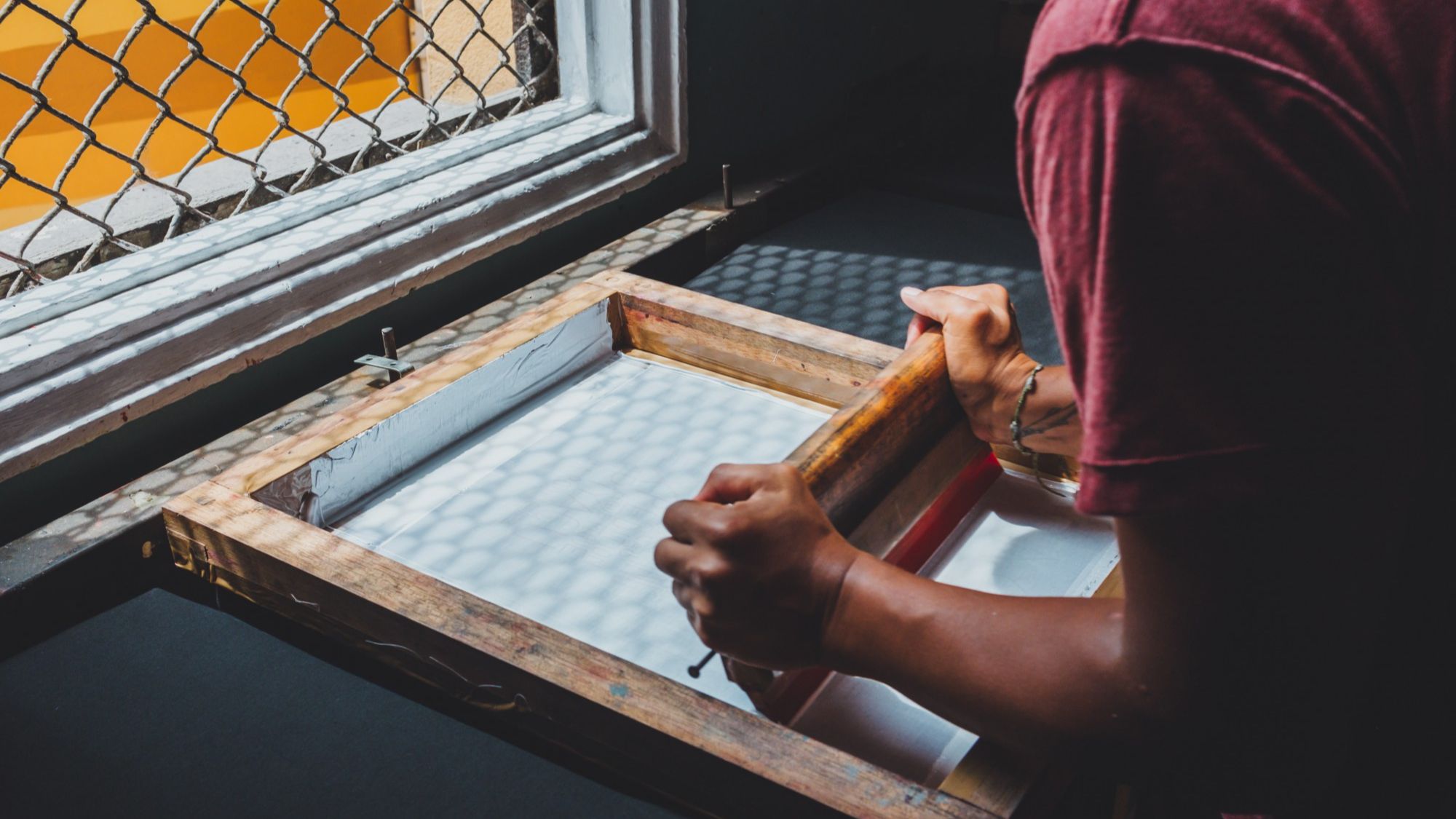
Meenal Malhotra is a seasoned fashion manufacturing professional. Originally from Delhi, she studied fashion design there, before working in the fashion industry. As soon as she had some experience under her belt, Meenal set up her own manufacturing unit and worked with international and local brands. She has recently relocated to London and kindly shared her experience on how to work with Indian Fashion Manufacturers, with the Fashion Insiders community.
'How to work with Indian Fashion Manufacturers?', is a question I am most often asked. I just start by saying, "Working with Indian manufacturers and offshore, in general, is not an easy task."
Not because they are difficult but the delivery of the final product is oftentimes based on various factors which might not be in direct control of the manufacturer.
Why the delay?
The process from idea conception to the final product usually takes longer than expected. Delays can happen depending on the time of year in the country of manu...
9 Top Tips to Get the Best Out of Your Pattern Cutter
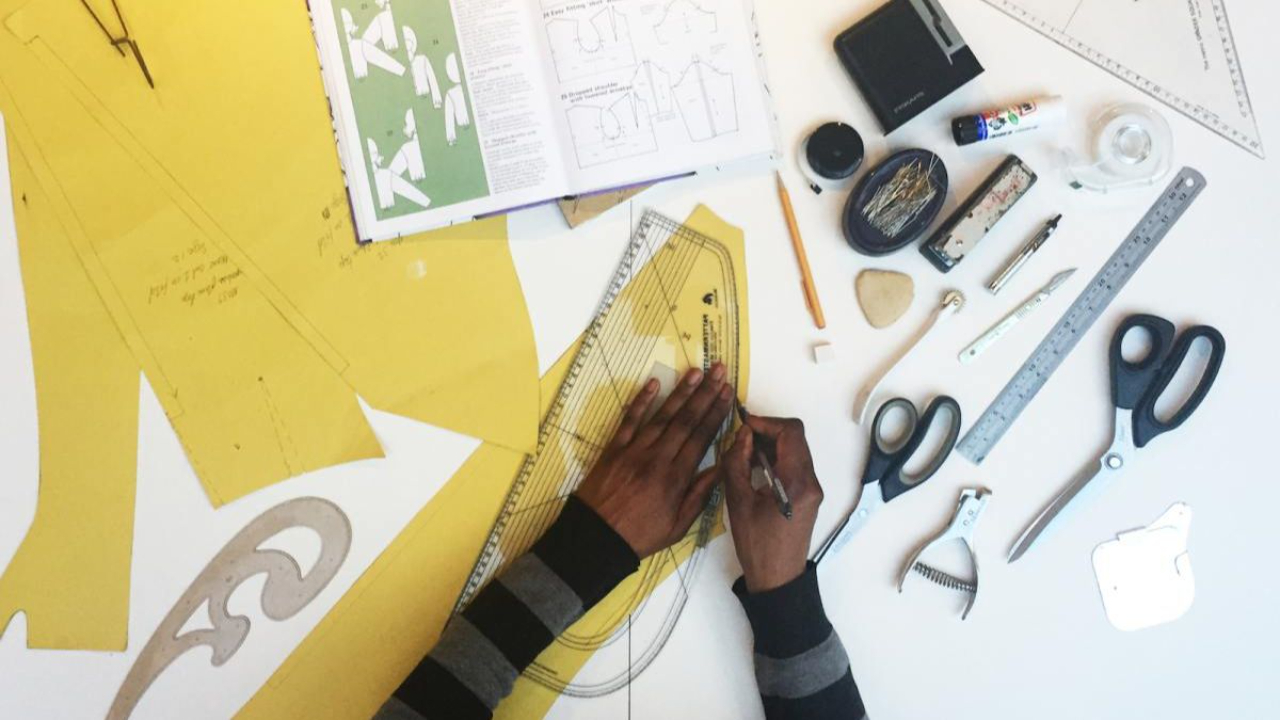
A pattern cutter should be viewed as the fashion designers engineer. It’s a misconception that their role and place in fashion is secondary to that of the designer for many pattern cutters have a vast knowledge of design and construction. Both necessary skills that are required to breathe life into a two-dimensional drawing.
How to get the best out of your pattern cutter should be at the forefront of your mind if you’re about to embark on developing a fashion range.
However, if you’re new to the fashion industry understanding how to find the ‘best’ pattern cutter is, could be hard to decipher.
In the first instance, a pattern cutter will need some information from you and our selection of Top Tips will clarify what that information should be.
1. Sketches and Flat Drawings
In order not to waste time and to be able to get the best out of your pattern cutter, clear, detailed flat drawings are the first items you need to collate for your first meeting.
These should include front and ...
Top 10 Employment Law Myths

In fashion, we are often surrounded by myths and hearsay information. We spoke to Danielle Spiers from Sheridans Employment Group, to attempt to dispel the top 10 employment law myths.
Whilst many employers attempt to rely on common sense and instinct to guide them through the complex maze of employment law, given the speed with which the law changes and the common myths bandied about, frequently, common sense is not enough.
Note: The below information is not intended to provide complete solutions and may vary depending upon the facts of the case.
-
If there is no written contract between an employer and an employee, there is no contract at all
In the absence of a written contract, a court looks at the intention of the parties and the reality of the situation. By way of example, if the parties orally agree for the employee to be paid a salary of £100,000 per year and the employee is paid £100,000 per year, this salary is likely to be accepted by a court, regardless of the fact it
...
10 Top Tips - How to Protect Your Brand

Whether you're at the business planning stage, looking for investors, manufacturers or stockists – or considering selling your business – there is inherent value in your intellectual property.
With the help of our expert from Sheridans lawyers, we bring you the top 10 tips on how to protect your brand.
As a designer or brand owner, your livelihood is your creativity – namely your designs, your products and your brand – and the protection of these is central to the value and success of your business.
You can avoid some costly pitfalls by considering some of the key issues from the outset.
1. Protect your brand name
In practice, this means registering your limited company name and any relevant domain names. Ensure your website is correctly set up with well-drafted terms and conditions, a privacy policy, compliance with cookies, e-commerce and distance-selling regulations, secure payment facilities, and that all intellectual property is cleared and protected.
2. Correctly mark up an...
Counterfeiting and the Fashion Industry

Counterfeiting is a specific term in intellectual property, referring to any infringement or unauthorised use of an intellectual property asset owned by a third party.
For a long time, counterfeiting had been considered a necessary evil, especially in the luxury and fashion spheres, but its exponential surge has become such a threat that various business stakeholders are now reacting faster and meaner to contain this epidemic.
Annabelle Gauberti, founding partner of the London and Paris law firm Crefovi and president of the international association of lawyers for creative industries (IALCI) provides an introduction into what you need to know for your brand.
IALCI is also running a London seminar on Intellectual Property and all fashion professionals are invited, book here.
What rules and laws apply to fighting against counterfeiting?
France, one of the countries most impacted by counterfeiting since French companies had such a large market share in the luxury and fashion sectors,...
The Registered Trademark and Your Brand
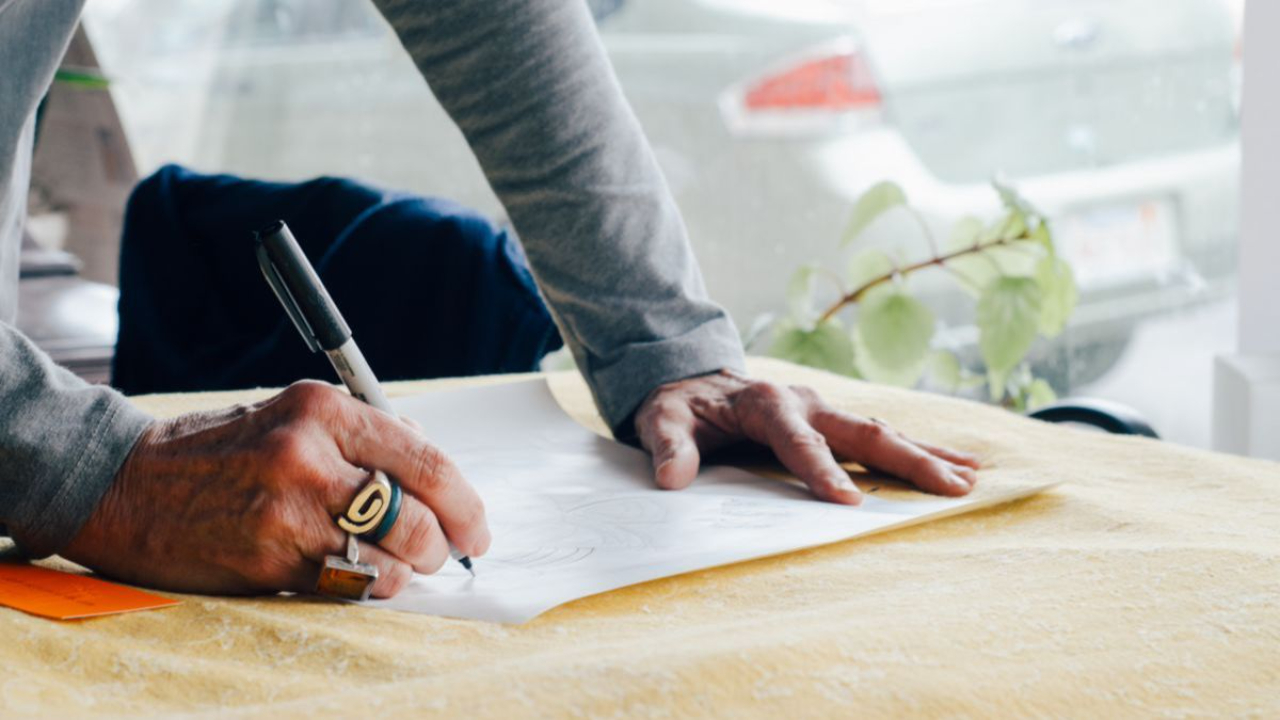
There is a lot more to branding than a product simply being recognisable to others, as Tahir Basheer, an industry member specialising in fashion and media law for leading London-based law firm, Sheridans, explains.
Names or symbols that distinguish the clothes of one company from another are generally referred to as a company’s brand. A strong brand is a fundamental part of a fashion company’s identity and generally one of its most prized assets.
Top brands such as Versace, Polo Ralph Lauren, Saint Laurent, Mulberry, Dolce & Gabbana or Moschino have each become synonymous with a particular style, message and reputation.
Commercialisation of a brand can also create a crucial extra revenue stream via the sale, licensing or franchising of a brand. Licensing is particularly commonplace in the fashion industry. Brands can even act as security on the basis of which a bank or lender will lend money.
As a result of the value attached to brands, most companies in the industry will have elemen...
Legal Tips for Fashion Collaboration

Fashion Collaboration between designers, high street and chain retailers have become increasingly popular in recent years. For designers, the advantages of fashion collaborations with a high street chain include financial benefits, and being able to reach out to a new customer demographic through a larger market.
Designers should always be mindful of control over quality, prices and flooding the market with their brand, as low prices, poor quality and having your brand appearing ubiquitously in "stack ‘em high, sell ‘em low" type establishments can, in the long run, cause huge damage to the designer’s brand.
Tahir Basheer, an Industry member specialising in fashion and media law for leading London-based law firm, Sheridans, offers his expert guidance.
1. What to License in a Fashion Collaboration?
The agreement should clearly state exactly what is being licensed to the retailer. If you are a designer with a variety of brands you may not want the retailer to have a license over all ...
How to choose a legal structure for your business

Making the decision to start your own business is the first of MANY that you will have to make during its lifetime. The decisions that you make in the early stages are of the utmost importance, so take time and professional advice where necessary and make the right choices. One of these big decisions that sooner rather than later you will have to make is to define the business structure for your fashion start-up.
There is an abundance of information on the differing business structure options, which sometimes can be overwhelming. What matters most, however, is what makes sense to your business.
Keep it simple and ask yourself some key questions like:
• Are you looking for any benefits/protection/limited liability?
• What legal implications will make the most sense to your business?
• Who will be maintaining your books and records?
Though the fashion industry is different from many others, the business guidelines of the different structures remain largely the same. There are three mai...
Building A Website - The Legal Steps, Part 1
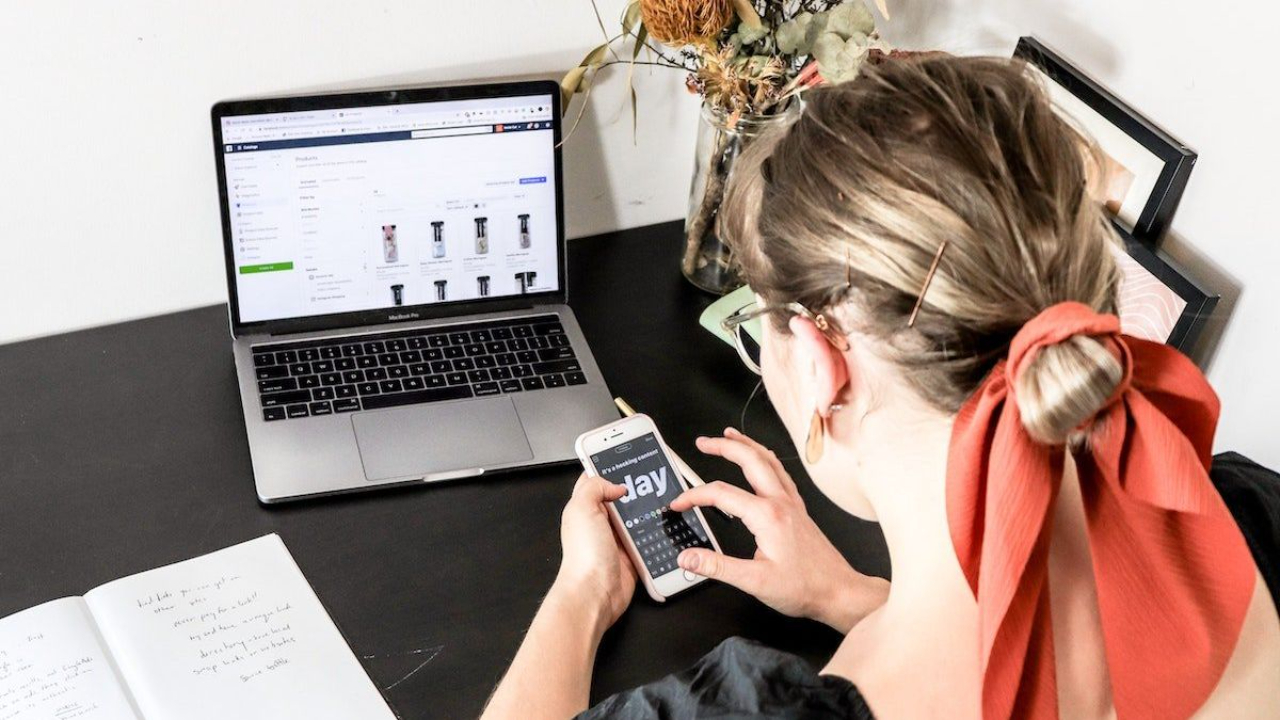
If you’re setting up a brand to sell online for the first time or expanding your fashion website to target different customers, there are a number of legal issues you need to consider. Learn about website building keeping all the legal policies in mind.
In this two-part series article, Tahir Basheer - our legal partner specialising in fashion and media law for leading London-based law firm, Sheridan - looks at some of the key issues, including selecting your website, avoiding liability for its content, monitoring your visitors, using social media, monetising and mobilising.
Domain Names
A domain name is your business address on the internet. They help guide customers to your fashion website and develop your brand, as such they are highly valuable – they change hands for millions of pounds and many brands have entered legal disputes to obtain particular domains.
After choosing your desired name, you should consider the following:
1. Is your domain name available?
There are numerou...

